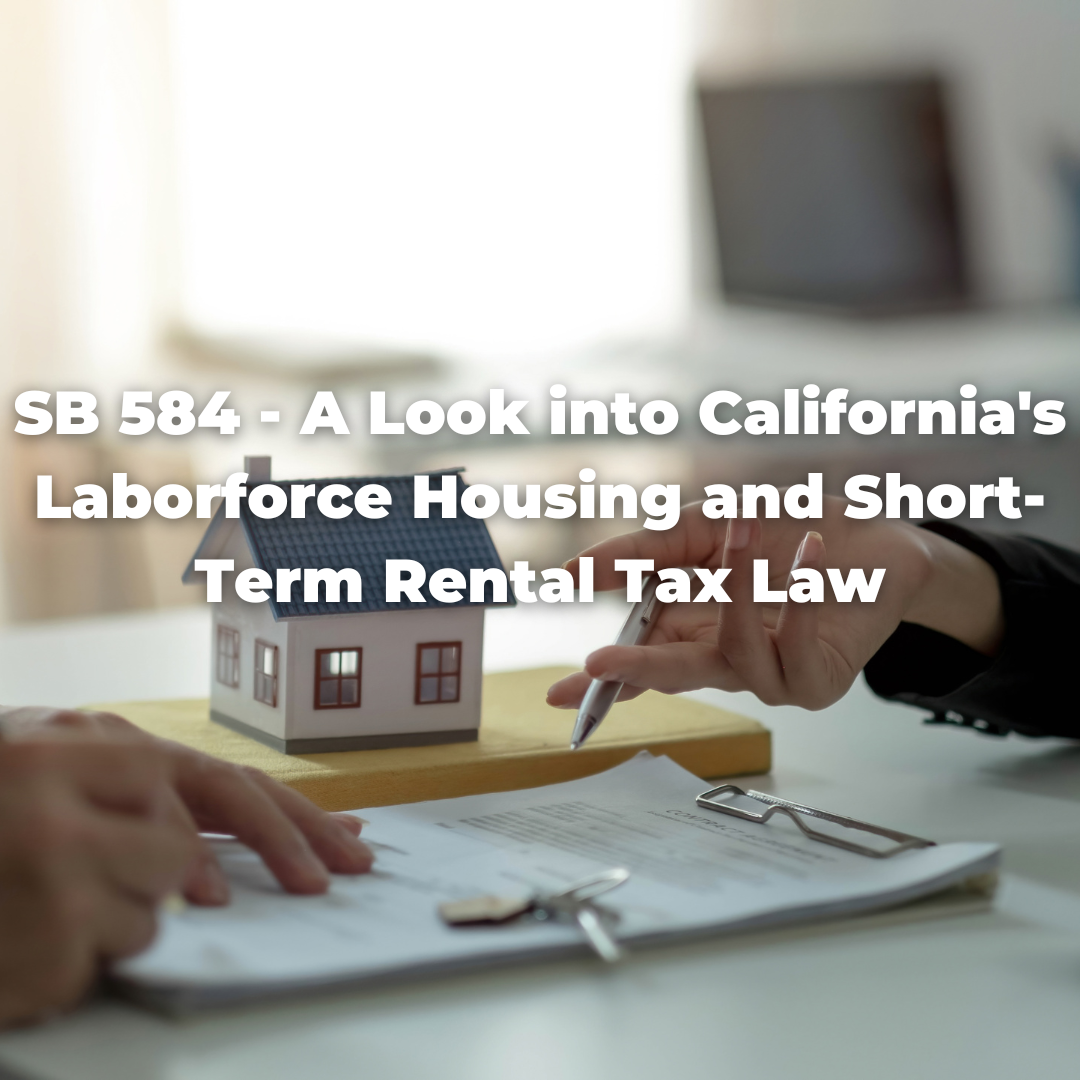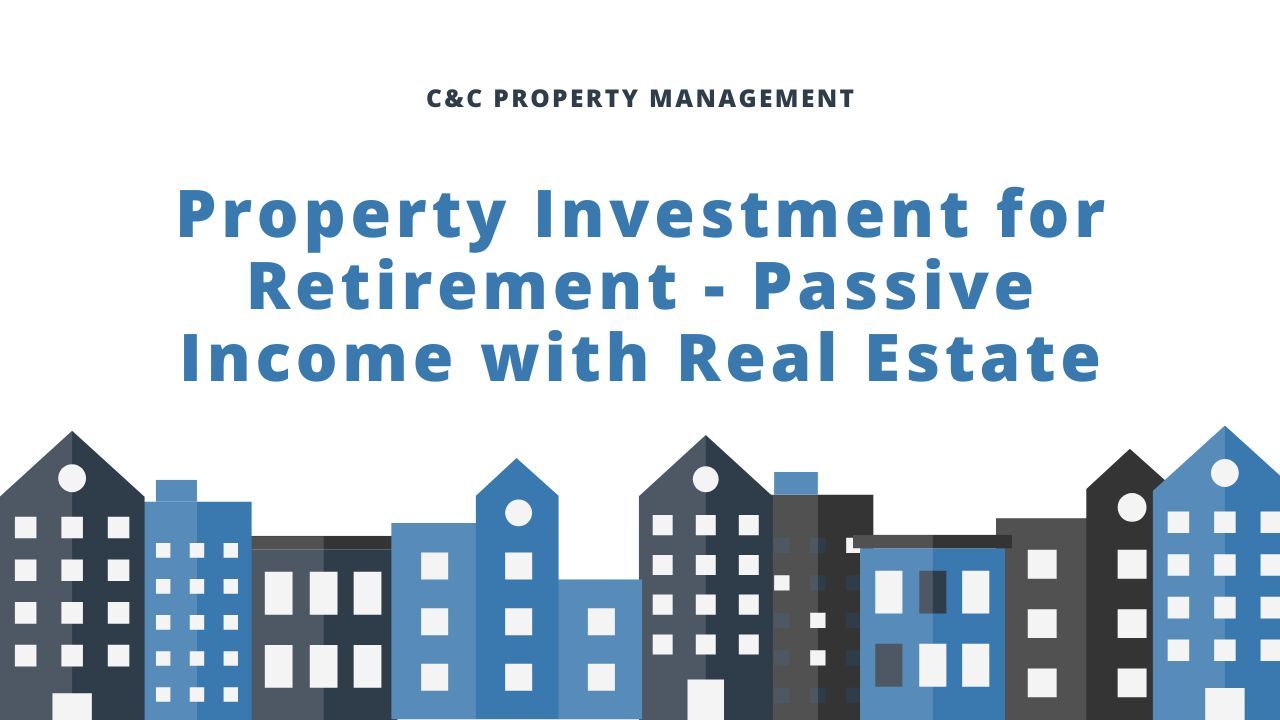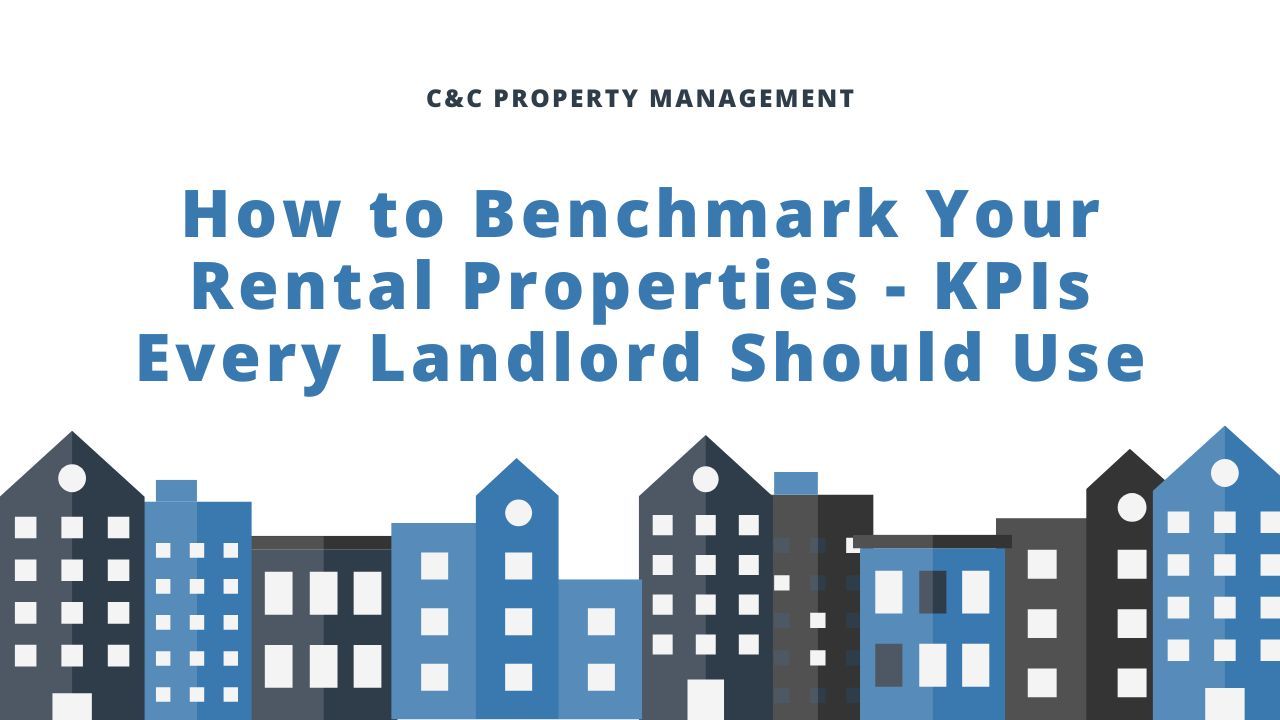SB 584 - A Look into California's Laborforce Housing and Short-Term Rental Tax Law
In a state as vast and diverse as California, the housing market has always been a topic of significant concern.

With an ever-increasing population and a growing need for affordable housing options, the state legislature is continuously exploring new ways to address these challenges. SB 584, as amended by Assemblymember Limón, is one such effort aimed at tackling California's housing crisis.
Laborforce Housing Financing Act of 2023:
SB 584 introduces the Laborforce Housing Financing Act of 2023, bringing forth a novel approach to housing development. Under this act, "laborforce housing" is defined as housing owned and managed by specific entities for the sole benefit of residents and households unable to afford market rent. These residents are granted certain protections, making this legislation a vital step towards housing security for many Californians.
The Laborforce Housing Fund:
To support the development of laborforce housing and other specified housing projects, SB 584 establishes the Laborforce Housing Fund in the State Treasury. This fund will be continuously appropriated to the Department of Housing and Community Development, serving as a financial resource to create affordable housing options for the state's residents.
Prevailing Wage Rate and Skilled Workforce Requirements:
SB 584 also mandates that fund moneys can only be used for construction or rehabilitation projects that meet specific labor requirements. Construction workers on these projects must be paid at least the applicable prevailing wage rate, or contractors and subcontractors must employ a skilled and trained workforce, as per the outlined provisions. These certifications expand the crime of perjury, thereby enforcing stringent labor standards.
Short-Term Rental Tax:
Beginning on January 1, 2025, SB 584 introduces a tax on the occupancy of short-term rentals in California, set at a rate of 15% of the rental price. "Short-term rental" is defined as the occupancy of a home, room, or other lodging for a period of 30 days or less, excluding hotels, inns, motels, or bed and breakfast establishments. This tax is aimed at generating revenue to fund laborforce housing and related projects.
Tax Collection and Administration:
Short-term rental facilitators are responsible for collecting the tax when processing payments for the rental. In cases where no facilitator is involved, the operator of the rental property is tasked with collecting the tax. All tax revenues, minus refunds and administrative costs, are deposited into the Laborforce Housing Fund. The California Department of Tax and Fee Administration administers and collects the tax in compliance with the Fee Collection Procedures Law.
Conclusion:
SB 584 represents a comprehensive effort to address the housing needs of Californians, with a focus on creating laborforce housing and financing through a short-term rental tax. By establishing the Laborforce Housing Fund and implementing stringent labor standards, the bill aims to contribute to the alleviation of the state's housing crisis. As this legislation comes into effect, it serves as a significant step towards housing security and affordability for residents across California.








